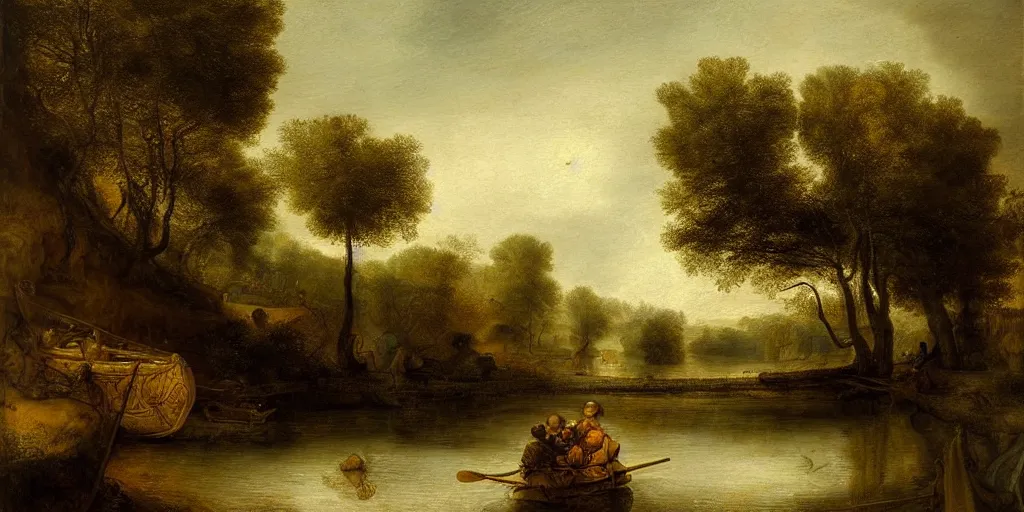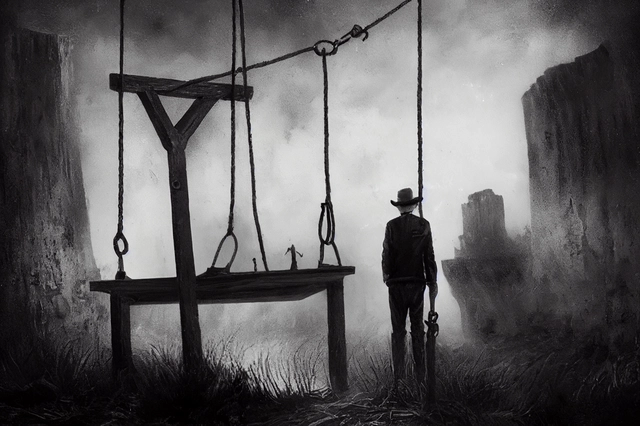
The Man in the High Castle is a novel by American author Philip K. Dick, first published in 1962. The story is set in an alternate reality where the Axis powers won World War II and now control the majority of the world, including the United States. The novel follows a cast of characters as they navigate this dystopian reality and grapple with questions of power, reality, and the human condition.
The Setting: An Alternate Reality
The setting of The Man in the High Castle is a key aspect of the novel. The alternate reality in which the story takes place is a dystopian vision of a world where the Axis powers have won World War II and now control the majority of the world. The novel explores the consequences of this alternate reality and raises important questions about power, reality, and the human condition.
Themes of Power and Reality
The themes of power and reality are central to The Man in the High Castle. The novel explores the ways in which the exercise of power can shape and control reality, and it raises important questions about the nature of truth and the ways in which we understand the world around us. The characters in the novel are grappling with their own perceptions of reality and the ways in which their perceptions are shaped by the forces of power and authority. 
The Question of Free Will
The Man in the High Castle is also a meditation on the question of free will and the extent to which our lives are shaped by the forces of power and authority. The characters in the novel are struggling to assert their independence and to break free from the constraints of their dystopian reality, and the novel raises important questions about the nature of free will and the ways in which our lives are shaped by external forces.
Writing Style and Techniques
Philip K. Dick’s writing style is characterized by its thought-provoking and introspective quality. He employs a range of techniques, including shifting perspectives and unconventional narrative structures, to explore the complex themes and questions at the heart of the novel. The use of alternate realities and the exploration of multiple parallel worlds also add to the thought-provoking and surreal atmosphere of the novel.
 The Importance of Individual Choice
The Importance of Individual Choice
The Man in the High Castle is a novel that highlights the importance of individual choice and the ways in which our choices shape our lives. The characters in the novel are struggling to make choices that will allow them to assert their independence and to break free from the constraints of their dystopian reality, and the novel raises important questions about the importance of individual choice and the ways in which our choices impact our lives.
The Human Condition
The Man in the High Castle is also a meditation on the human condition and the ways in which our experiences shape our understanding of the world. The characters in the novel are grappling with their own perceptions of reality and the ways in which their experiences have shaped their understanding of the world around them. The novel raises important questions about the nature of the human experience and the ways in which our experiences shape our understanding of the world.
Quotes that Resonate
“The reality is that you create your own reality by your interpretation of it.” “In a way, the world is what you make of it, even if what you make of it is nothing.” “The world is a dream, and the dream is real.” These quotes from The Man in the High Castle perfectly capture the themes of power, reality, and the human condition that Philip K. Dick explores in the novel. They are a testament to his skill as a writer and his ability to convey complex ideas and themes through thought-provoking and introspective imagery. 
Conclusion
In conclusion, The Man in the High Castle is a thought-provoking and introspective novel that continues to captivate readers today. Through its exploration of alternate realities, power, and the human condition, the novel raises important questions about the nature of reality, the importance of individual choice, and the ways in which our experiences shape our understanding of the world. If you have not read The Man in the High Castle, it is a must-read for anyone interested in exploring the thought-provoking and introspective themes of Philip K. Dick’s work.






























